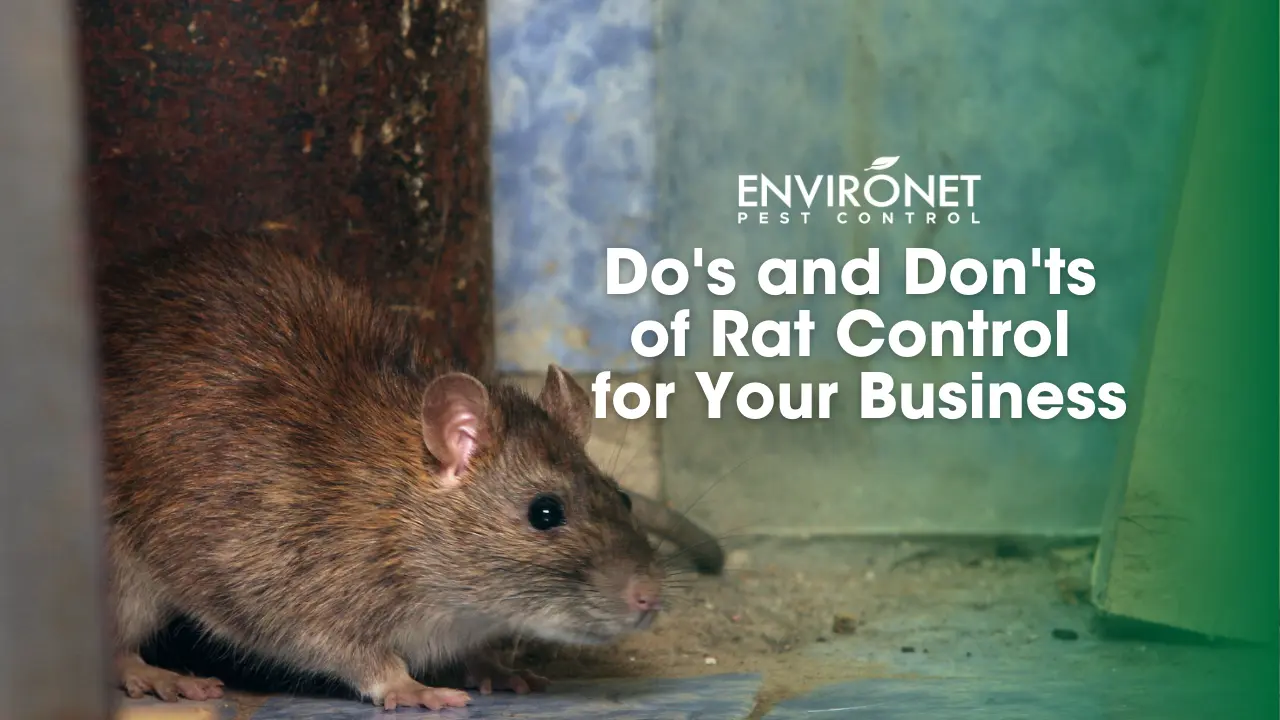
Do’s and Don’ts of Rat Control for Your Business
Last updated on September 3rd, 2024 at 01:49 pm
Rats pose a significant threat to businesses, potentially causing extensive damage to property, contaminate food, and spreading diseases. Effective rat control is essential for maintaining a safe and hygienic environment. Understanding the right practices can make a significant difference in keeping your business rodent-free. Here’s a comprehensive guide on the do’s and don’ts of rat control tailored for business environments.
Do’s of Rat Control
Maintain Cleanliness
Cleanliness is the first line of defense against rodents. Ensure that all areas, especially kitchens and storage rooms, are kept clean and free of food debris. Rodent populations are attracted to any available food source, so regular cleaning of floors, counters, and storage areas is crucial. Ignoring cleanliness can lead to rat problems that are difficult to control. Cleanliness is one of the most effective prevention methods against rodents and a key aspect of to control rats.
Seal Entry Points
Rodents, especially roof rats, can squeeze through tiny openings. Inspect your building for any cracks, gaps, or holes and seal them with materials like steel wool or caulk. Pay close attention to areas around doors, windows, pipes, and vents. Sealing entry points is a crucial part of rat or any rodent control and helps prevent property damage caused by gnawing rodents.
Proper Waste Management
Ensure that all waste is disposed of properly and stored in sealed or covered garbage cans. Overflowing or uncovered garbage bins are an open invitation for rodents. Regularly empty and clean waste containers to avoid attracting pests, which can exacerbate rat problems. Proper waste management is a fundamental aspect of rodent control and helps to control rats while reducing property damage. These inspections also help businesses to better control rats before they become a bigger issue.
Use Rodent-Proof Containers
Store food, including pet food, and other attractants in rodent-proof containers. Plastic or metal containers with tight-fitting lids can prevent rodents from accessing any food source, which helps reduce their presence. Monitoring rat or rodent activity around these areas can also provide early warning signs of an infestation.
Regular Inspections
Schedule regular inspections of your premises by a professional pest control service. They can identify early signs of rodent activity and take proactive measures to prevent a full-blown rodent infestation. Regular inspections are an essential part of a comprehensive rat control strategy, ensuring that rodent control efforts are effective and timely.
Don’ts of Rat Control
Don’t Ignore Early Signs
Droppings, gnaw marks, and strange noises are all signs of rodent activity. Ignoring these early warning signs can lead to a severe infestation. Act quickly if you notice any of these indicators.
Don’t Use Toxic Chemicals Unnecessarily
While chemical rodenticides can be effective, they should be used with caution. Uncontrolled use of toxic chemicals can pose risks to your employees, customers, and the environment. Consider non-toxic methods, such as glue traps or bait stations, first and consult with a professional if chemicals are needed.
Don’t Leave Food Out
Leaving food, especially pet food, out overnight or not properly storing it is a common mistake that attracts rodents. Ensure that all food is either consumed or stored in sealed containers before closing for the day.
Don’t Overlook Exterior Areas
Rodent control isn’t just an indoor concern. Exterior areas, including dumpsters or garbage cans, loading docks, and landscaping, should also be monitored and maintained. Keep these areas clean and free of clutter to deter rodents from entering your building. Using glue traps in these areas can help capture any rodents that attempt to enter.
Don’t Attempt DIY Solutions Without Knowledge
DIY rodent control methods can sometimes make the problem worse if not done correctly. Without proper knowledge and tools, you may only be addressing the symptoms and not the root cause of the infestation. Professional assistance is often necessary for effective rat or rodent control and to properly address rodent issues.
Conclusion
Implementing these do’s and don’ts can significantly reduce the risk of a rodent population in your business. A proactive approach, combined with regular maintenance and professional pest control services, will help keep your premises safe and rodent-free. Remember, prevention is always better than cure when it comes to pest control.
At Environet Pest Control, we specialize in comprehensive Rat Control Services designed to protect your business from the threat of rodents. Our expert team knows well how to identify and eliminate rodent problems at their source. Don’t wait for an infestation to disrupt your operations—contact us today to schedule a consultation and safeguard your business. Trust Environet Pest Control to keep your workplace safe, clean, and rat-free.
Frequently Asked Questions (FAQs)
What are the signs of a rat infestation in a business?
Common signs of a rat infestation include droppings, gnaw marks on materials like wood and wires, greasy rub marks along walls, scratching noises, and the presence of nests. If you notice any of these signs, it’s essential to take action immediately.
How often should I have my business inspected for rats?
It’s recommended to schedule regular inspections at least quarterly, or more frequently if you’re in a high-risk area. Professional inspections can help identify early signs of rodent activity and prevent infestations before they become severe.
What should I do if I suspect a rat infestation?
If you suspect a rat infestation, it’s crucial to act quickly. Contact a professional pest control service to assess the situation and implement appropriate control measures. Delaying action can lead to more significant problems, including property damage and health risks.
Are there non-toxic methods for controlling rats?
Yes, there are non-toxic methods such as using glue traps, ultrasonic repellents, and mechanical traps. These methods can be effective when used correctly and are often safer for environments where toxic chemicals could pose a risk.
Why is it important to control rats in exterior areas of my business?
Rats often enter buildings from exterior areas, so it’s vital to maintain cleanliness and monitor these spaces. Keeping dumpsters, loading docks, and landscaping free of food waste and clutter helps prevent rats from approaching and entering your building.
